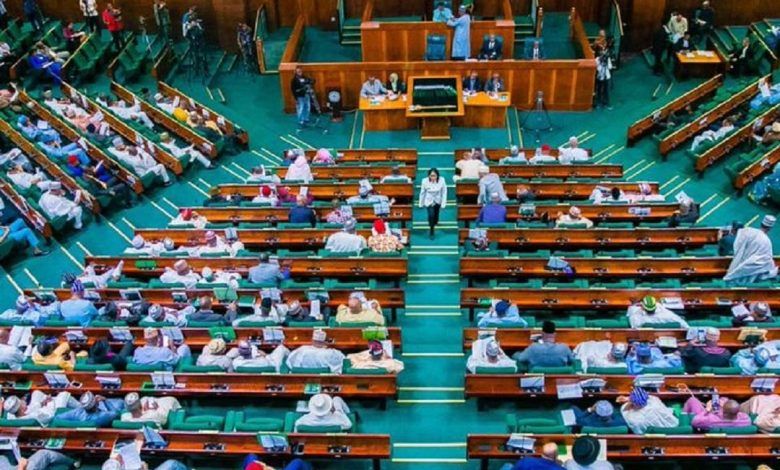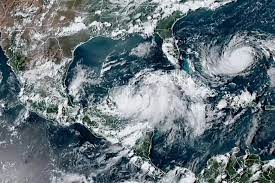
The House of Representatives Committee on Maritime Safety, Education, and Administration has pledged strong legislative support to overhaul Nigeria’s maritime laws and promote indigenous vessel ownership, in a move seen as pivotal for revitalizing the nation’s maritime industry.
The commitment was made by the committee’s Deputy Chairman, Uduak Odudoh, during an oversight visit to the Nigerian Maritime Resource Development Centre in Kirikiri, Lagos on Wednesday.
Speaking during the visit, Odudoh acknowledged concerns raised by the Nigerian Maritime Administration and Safety Agency (NIMASA) over outdated maritime regulations. He assured stakeholders that the National Assembly is prepared to fast-track a comprehensive review of the existing legal framework to create a more enabling environment for maritime operators.
“The current state of our maritime laws is not in tune with modern realities. We are committed to updating these laws to support growth, efficiency, and indigenous participation in the sector,” Odudoh said.
He also expressed concern over the limited involvement of Nigerian-owned vessels in domestic maritime operations, revealing that fewer than five percent of ships under NIMASA’s purview are owned by Nigerians. Odudoh, however, said he remains optimistic that the situation will improve with the long-awaited Cabotage Vessel Financing Fund (CVFF) finally being activated.
“With the CVFF now in motion, we are hopeful that this will empower more Nigerians to own vessels, reduce capital flight, and create local employment opportunities,” he noted. “We commend the Minister of Marine and Blue Economy and urge NIMASA to ensure the fund’s disbursement is both strategic and impactful. This is a critical moment in our maritime history.”
In his remarks, NIMASA Director-General Dayo Mobereola confirmed that disbursement of the CVFF is imminent, following the expansion of the number of participating banks known as Primary Lending Institutions (PLIs) from five to twelve.
“These institutions will conduct the initial credit risk assessment and contribute 35 percent of the financing. NIMASA will provide 50 percent, making it a shared responsibility that will foster better loan recovery and broader access,” Mobereola explained.
According to NIMASA, indigenous shipowners can expect to begin accessing the fund currently estimated at around $700 million within the next three to four months, marking the first real progress in a process that has been stalled for over a decade.
The development comes on the heels of a directive issued by Minister of Marine and Blue Economy, Adegboyega Oyetola, who earlier this year tasked NIMASA with activating the disbursement framework for the CVFF to accelerate growth in the sector.
Industry stakeholders are hopeful that this renewed legislative and executive momentum will finally unlock the potential of the maritime industry, which is widely regarded as a critical pillar of Nigeria’s blue economy strategy.





